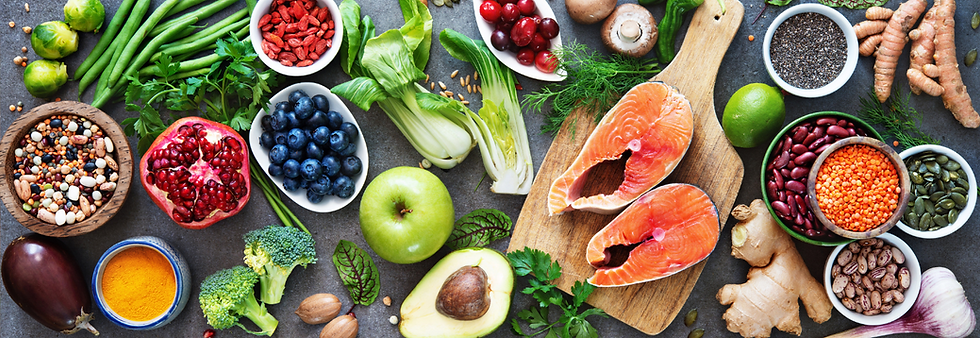Foods to Avoid During Cold Sore Outbreaks
- Sep 1, 2023
- 2 min read
Updated: Oct 22, 2025

Cold sores, or fever blisters, are caused by the herpes simplex virus, HSV-1. While there is no cure for cold sores or a method to prevent cold sores completely, certain dietary choices can help reduce the severity and frequency of outbreaks.
Arginine-Rich Food | Studies show that arginine may contribute to the spread of the herpes simplex virus by promoting the body’s ability to reproduce certain viruses, including the herpes virus.* Foods that contain arginine include flaxseeds, sunflower seeds, sesame seeds, chocolate, spinach, whole grains, almonds, pork, and turkey breast. |
Processed Food | Because cold sores recur when the immune system is compromised, some foods may lead to recurrence of a cold sore. Avoid processed foods like sugary breakfast cereals, packaged snacks, frozen foods, canned foods, pasta meals and food high in saturated fats. |
Alcohol | Alcohol consumption can weaken the immune system and trigger cold sore outbreaks by weakening your immune system. |

A common trigger is a weakened immune system, so boosting the immune system during and prior to cold sore outbreaks may be effective in reducing cold sores:
Zinc is a mineral that plays a crucial role in supporting the immune system and promoting wound healing. ** | Food high in Zinc: oysters, red meat |
Vitamin C is significant in supporting the immune system and promoting cold sore healing. It helps enhance the formation of leukocytes, vital to fighting off infections. | Food high in Vitamin C: leafy greens, bell peppers |
The B vitamins play essential roles in the circulation of oxygen throughout the body and in reducing stress levels. | Food high in Vitamin B: spinach, salmon |
While research is mixed, Lysine (amino acid) blocks arginine and may stop the virus from replicating. *** | Foods high in Lysine: vegetables, legumes, milk, cheese |




Comments